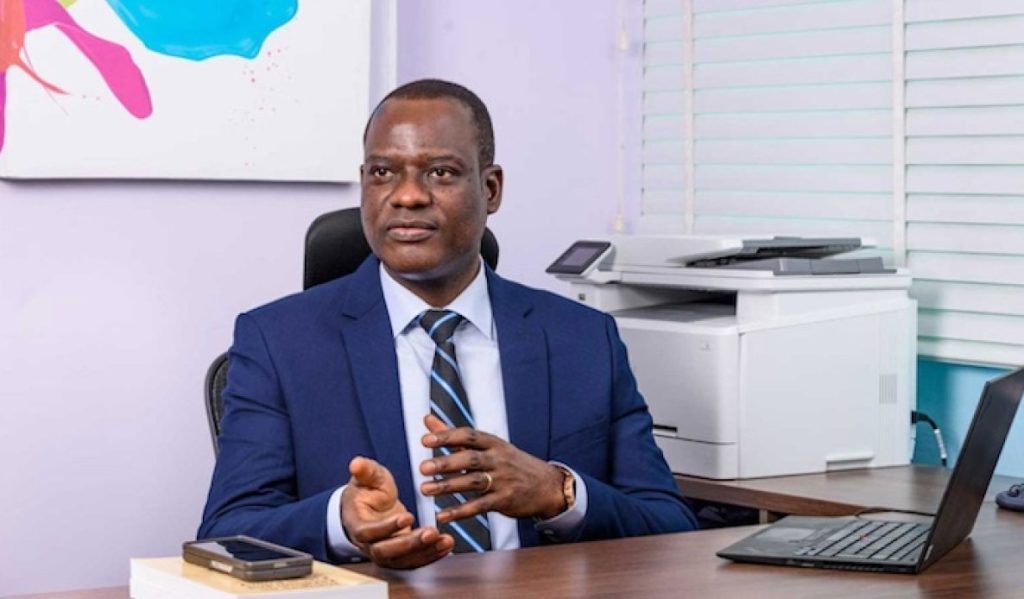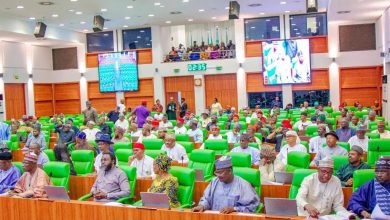VAT Reforms to Boost States’ Revenue Above N4tn Yearly from 2026
States are projected to earn over N4tn yearly when new VAT rules start in 2026.
Officials say increased revenue must improve lives and reduce dependence on federal allocation.
SEE ALSO: Questions and Answers on Nigeria’s New Tax Law
States across the country are expected to earn more than N4tn every year when new Value Added Tax rules begin in 2026. The Chairman of the Presidential Fiscal Policy and Tax Reforms Committee, Taiwo Oyedele, revealed this in Abuja on Tuesday at the launch of the BudgIT State of States 2025 Report.

Oyedele said the share of VAT that goes to states will rise to 55 percent under the new policy starting next year. He asked state leaders to decide whether the extra money will be spent on salaries or invested in projects that improve lives.
He noted that the government has more funds than before, yet many Nigerians still struggle to afford basic needs.
“States are receiving more money than ever before. But there is a paradox, while governments have more naira, ordinary Nigerians have less disposable income,” he said.
The BudgIT report showed that 21 states still depend on federal allocation for over 70 percent of their income. Oyedele described this as a major concern. He however pointed to positive examples such as Enugu, which recorded 381 percent growth in internal revenue, and Bayelsa, which posted a 174 percent rise.
He explained that the new tax measures will also allow states to keep full revenue from electronic money transfer levies and enjoy tax exemptions on state bonds. He said these changes would make borrowing cheaper and give states more freedom to invest.
Oyedele added that although capital spending had risen above recurrent spending for the first time in many years, progress in health and education remained poor. He said states spent less than N7,000 per person on education and only N3,500 per person on health.
He also mentioned that domestic debts had fallen by N2tn while foreign debts dropped by 200 million dollars, with 31 states reducing their debt load. However, he warned that more than N1.2tn is still owed to pensioners, contractors, and workers.
“Borrowing is not the problem; unproductive application of debt is,” he cautioned.
According to the latest BudgIT rankings, Anambra came first in fiscal performance, followed by Lagos, Kwara, Abia, and Edo. Cross River dropped from fifth position in the last report to 29th in 2025.
Also speaking at the event, the Deputy Governor of the Central Bank of Nigeria in charge of Economic Policy, Muhammad Abdullahi, urged states to maintain discipline even as revenues increase. He said states must continue to prioritize capital projects and avoid wasteful overhead spending.
He encouraged them to digitize revenue collection, adopt full Treasury Single Account operations, and implement more of their health and education budgets, aiming for at least 80 percent performance.
Abdullahi warned that states were still vulnerable to foreign exchange risks and revealed that the CBN was working on a solution to help them manage such exposure.
The Head of Economic Intelligence at the Nigerian Governors’ Forum, Razaq Fatai, said the report had helped improve accountability and guide decision-making across states in the last decade.
BudgIT Co-founder, Oluseun Onigbinde, said the report had become a key tool for citizens to demand better governance. He urged states to focus on human development, infrastructure, and transparency to build stronger local economies.



